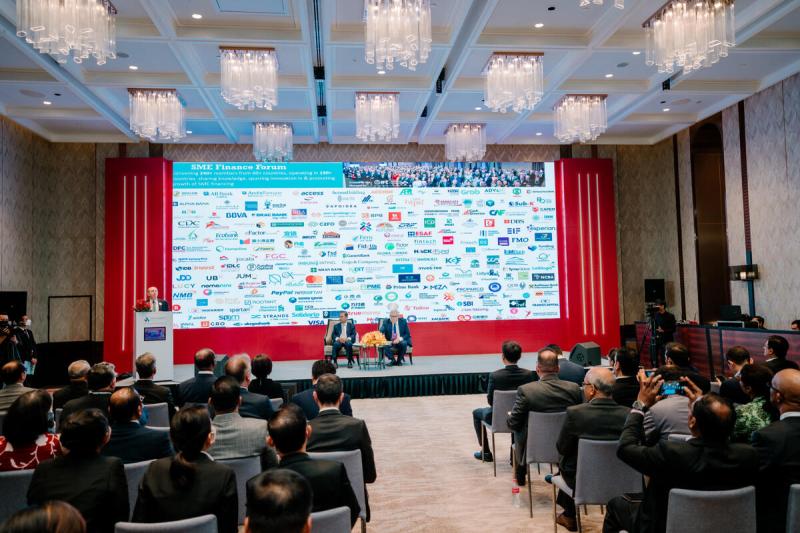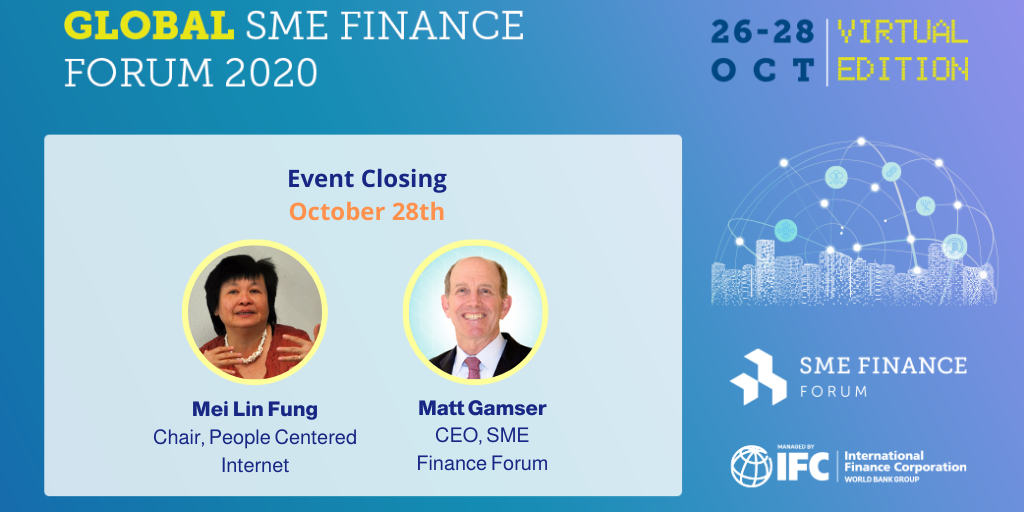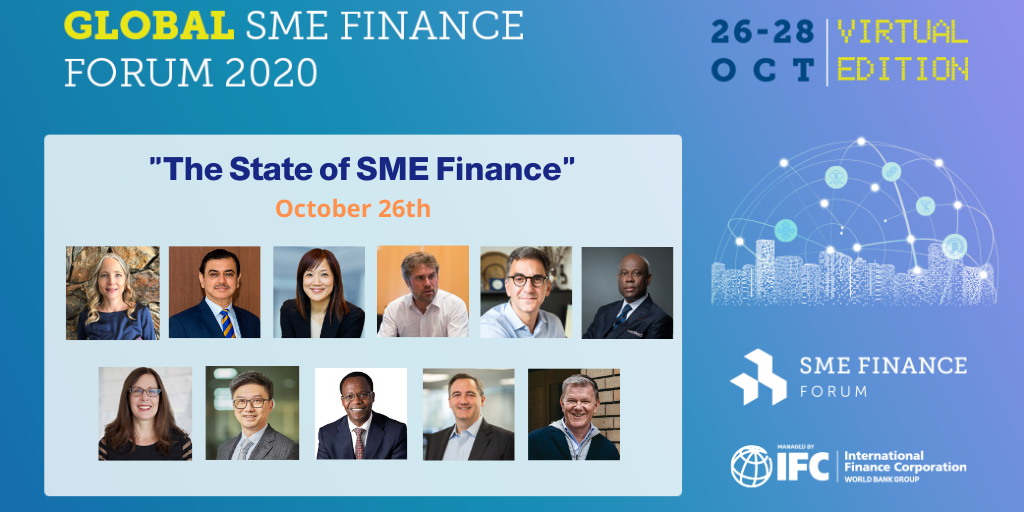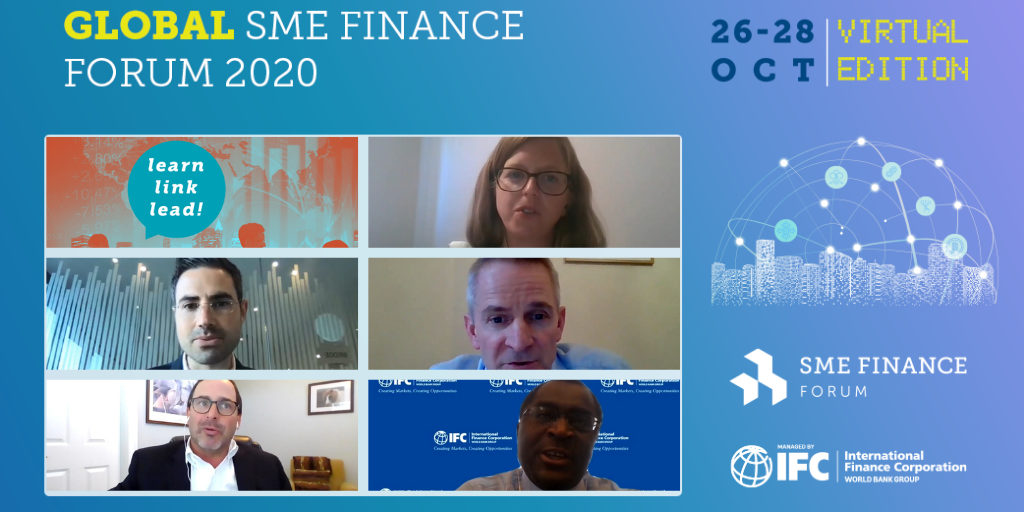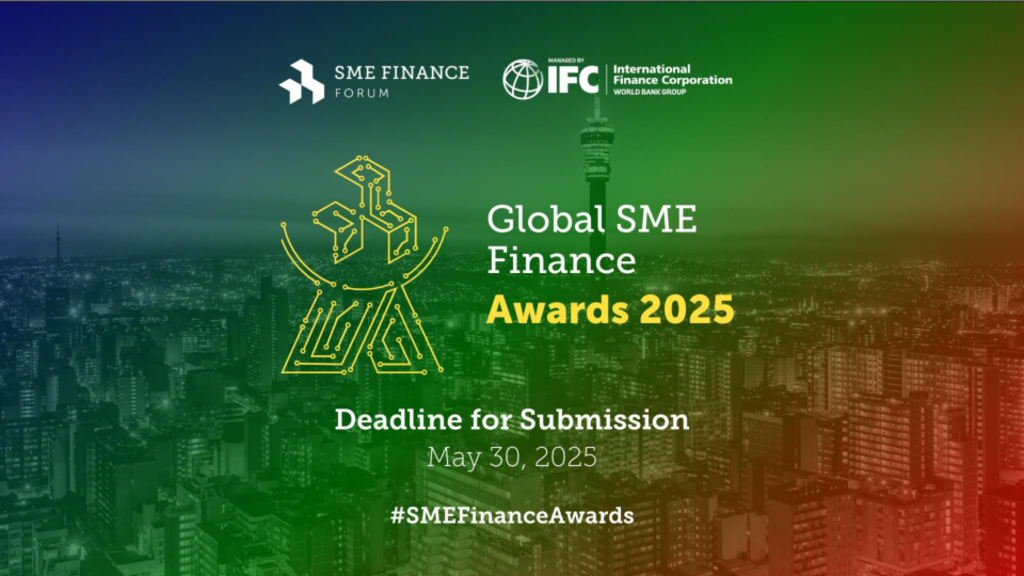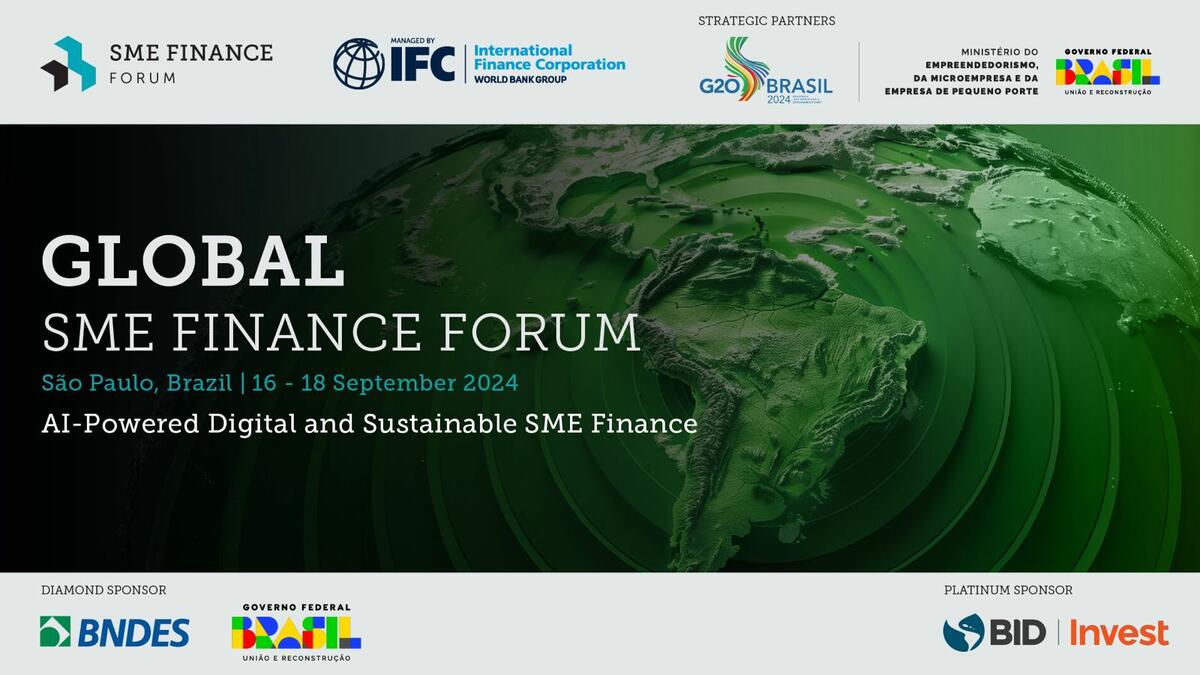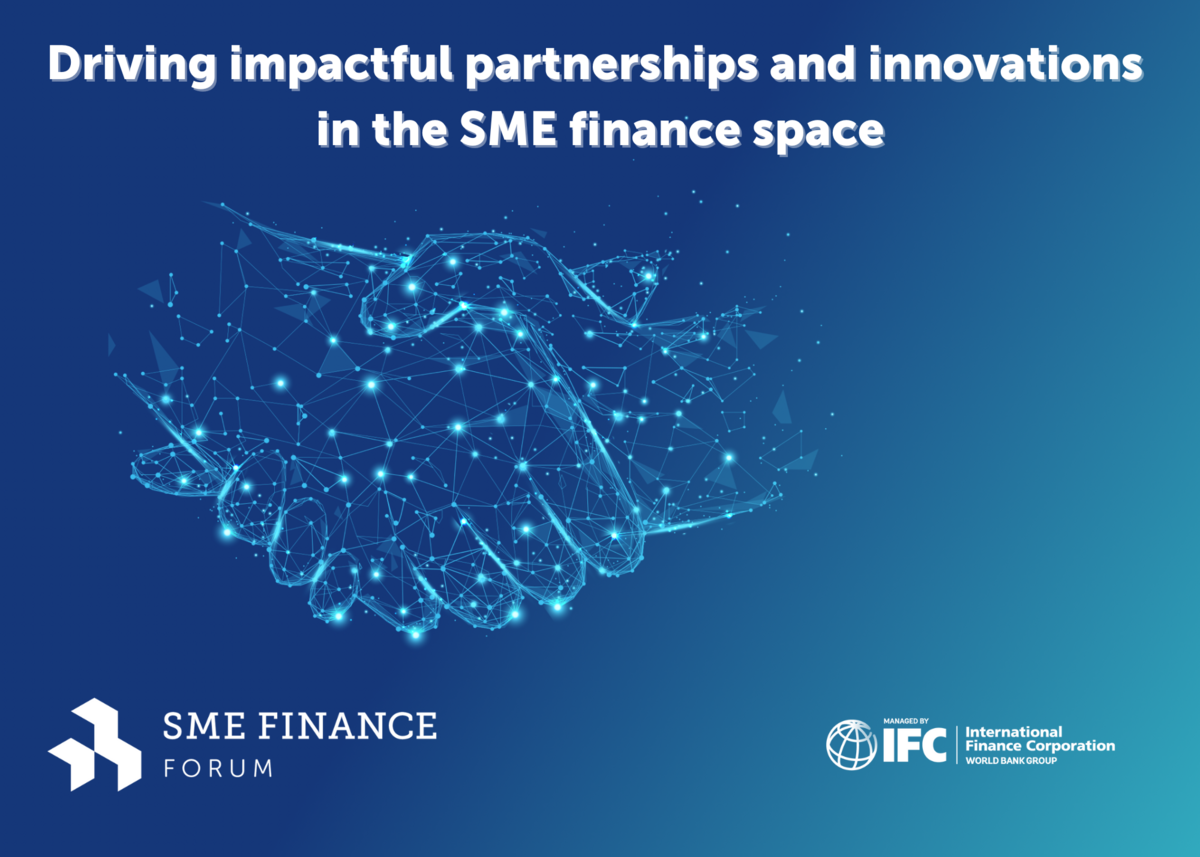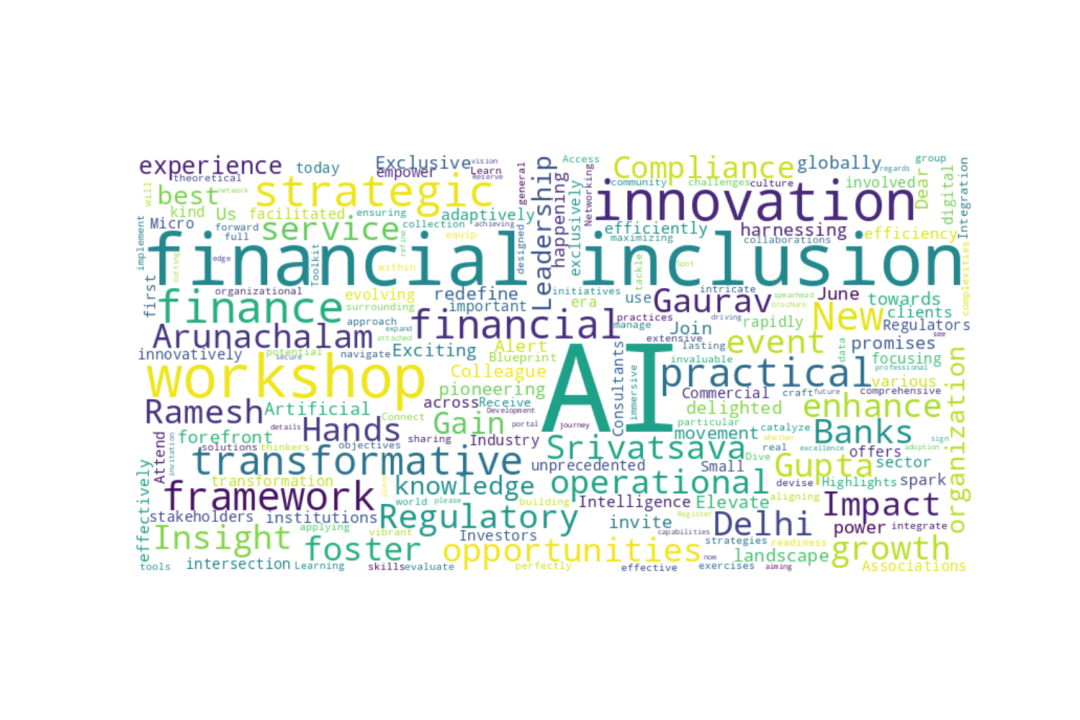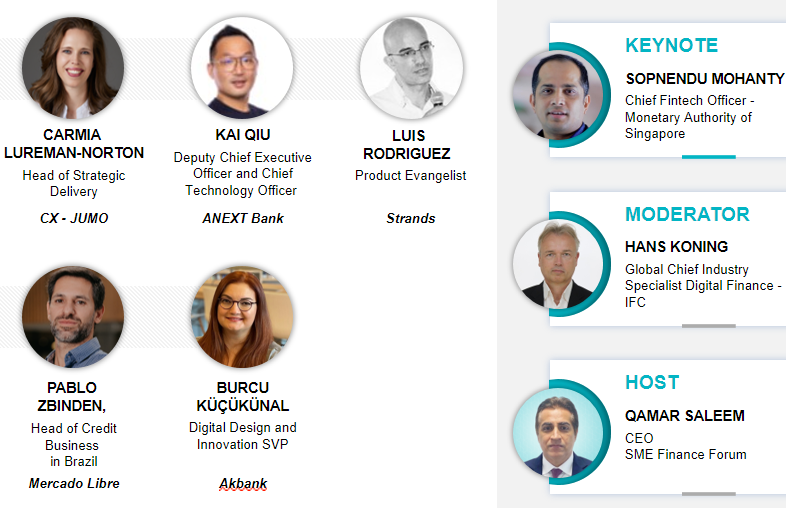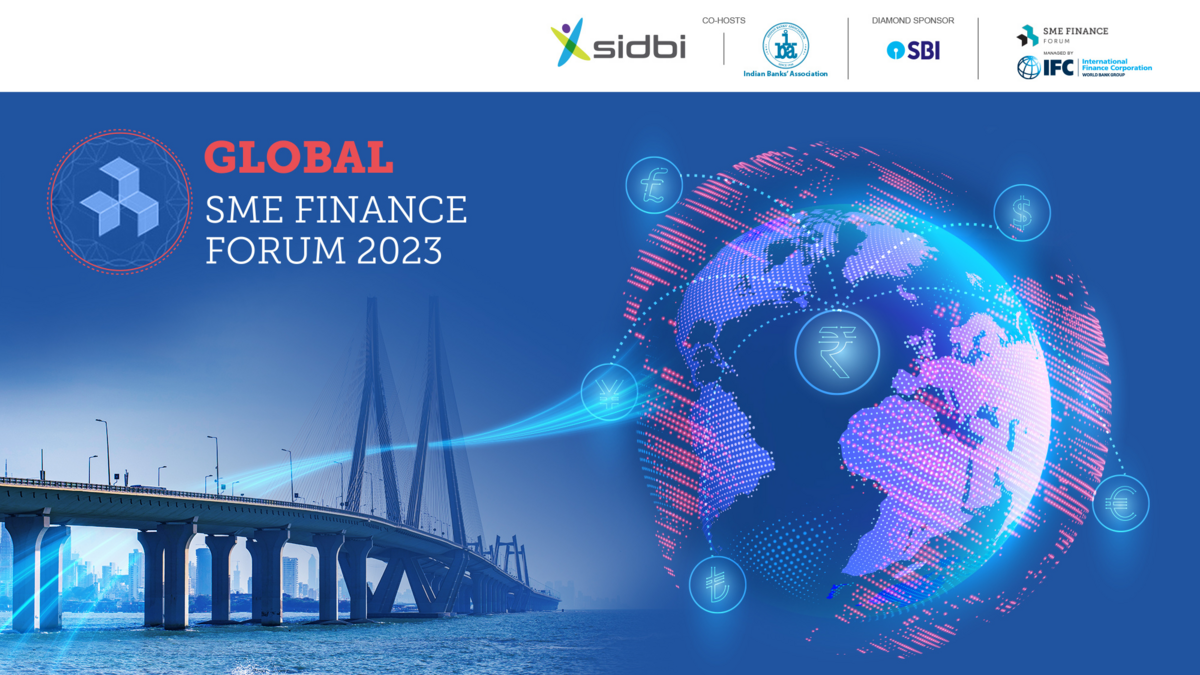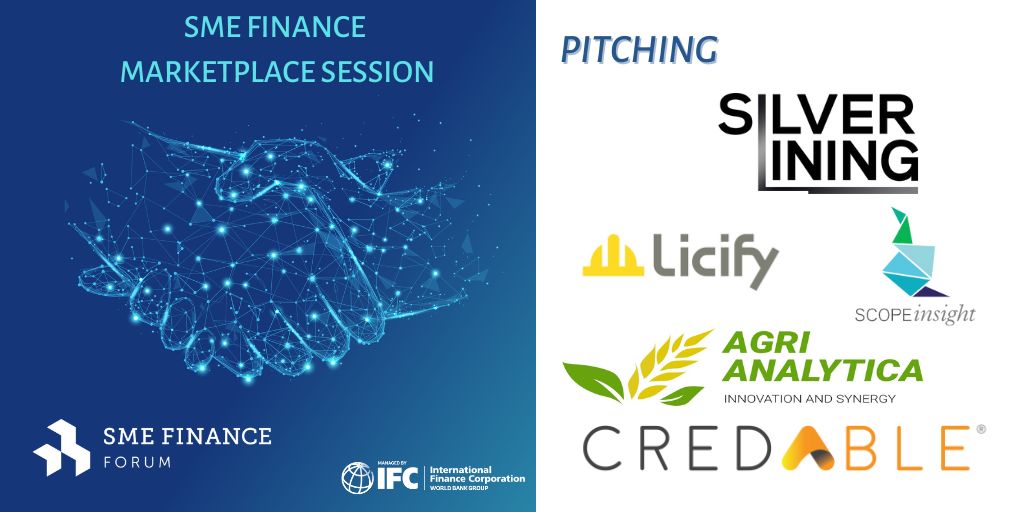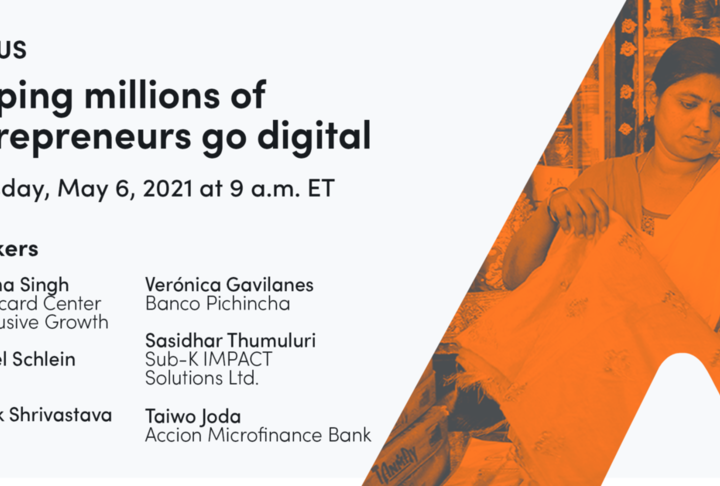Closing the SME finance gap requires innovation, collaboration, and, increasingly, digitization. Executives from some of the most well-recognized firms in SME financing – Accion, Mastercard, Ant Financial and Unilever – shared stories of the strides their firms are making in accelerating access to finance for SMEs.
Clive Allison of Unilever, and Rory Macfarquhar of Mastercard, spoke of their companies’ joint venture, Jaza Duka. Jaza Duka – meaning “fill up your store” in Swahili – is an initiative centered on working capital and supply chain finance; the goal of the program is to provide access to credit for SMEs so that entrepreneurs are able to buy as much stock for their business as possible. This credit is created by a system of tracking in which Unilever provides micro merchants with working capital based on their stock purchases, and Mastercard keeps a record of those purchases. This record acts as a signal to banks, allowing the bank to make lending decisions in a way that it couldn’t before in the absence of this collaboratively-gathered data. The hope is that micro merchants are able to meet demand with the working capital while building a credit history that will enable them to become full clients of the bank moving forward.
Michael Schlein of Accion, an international nonprofit aiming to create a financially inclusive world, shared his experiences forging partnerships with early stage companies and large, global partners alike. Schlein believes that data and digitalization are the future. “We are living through the golden age of fintech disruption with data, data analytics, internet, [and] machine to machine technology,” he said. These innovations are “changing every aspect of finance.” Accion leverages technology and data to transform microfinance institutions and regional banks into digitalized powerhouses that can now serve underserved SME markets. With projects and partners all over the world, Accion is truly a global leader in promoting financial inclusion through digitalization.
Likewise, MYBank, a subsidiary of Ant Financial and Alibaba Group, is using technology and data gathering to expand access to finance for SMEs in China. MYBank was originally established as an e-commerce bank, servicing solely the online community, but within the last year has begun to offer credit to offline customers as well. With a client base in the tens of millions of users, MYBank is able to drum up quite a lot of data on transactions of micro merchants and loan disbursement in a cost-efficient manner. By tracking the path of the capital exchanged in transactions, MYBank gathers information on the expenses and growth trajectory of the micro merchant – as transactions increase in value and frequency, loan sizes increase as well.
Each speaker on the panel demonstrated that the world of finance is rapidly changing. Thanks to novel opportunities presented by digitalization and collaboration, SME finance markets are opening up across countries and continents. Unmeasurable potential lies ahead.
Key points:
- 40 percent of medium and small businesses struggle to get access to finance to grow their businesses – this creates a finance gap that totals $5 trillion for formal businesses, or $8 trillion including informal businesses
- Most micro merchants are not eligible for credit from traditional financial providers because they lack corroborating evidence, i.e. credit histories
- The data explosion is allowing financial institutions and partners to know their clients and customers in ways that were not possible before
- Data and data analytics are responsible for the uptick in innovation we’re seeing in the SME financing sector – data is making the invisible, visible
- Innovation is needed at multiple levels – from large, multinational institutions and especially from small, early stage businesses
- Digitalization of financial processes allows for the collection of large swaths of data at a relatively low cost – technology is an integral tool
- When looking for partners, complementarity is important; partner institutions should have different strengths and play different roles in the process
- What binds a partnership is a shared, clear vision of the end goal and common values
- Public-private partnerships open up opportunities for startup experiments that aren’t necessarily possible in the private sector
- There are three stages to launching a new program: execute, measure, innovate
Prepared by Kat Pardoe, Marketing Analyst at SME Finance Forum.
It is great to see a G20's initiative like @SMEFinanceForum succesfully put into action. @rorymacfarquhar @Mastercard#SMEFF19 pic.twitter.com/kvYkDloFat
— SME Finance Forum (@SMEFinanceForum) October 7, 2019

“Our value chain fundamentally requires financial inclusion to improve lives at every stage of that value chain.”

“We’re an active investor in early stage companies that can really harness this technology and come up with new ways of meeting the needs of SMEs in particular, who are really hard to lend to. There’s a reason why this hasn’t worked in the past and why banks struggled to lend to this sector.”

“In order to make [a project] work, you need to execute, you need to measure, and then you need to innovate. It’s not a static process. It’s not that you start off with a clear vision of where [a project] is going, and then you just do it. You have to see what’s working, what’s not working, test and then come up with new solutions.”

“We have a typical customer, [for example,] a small noodle restaurant in a very remote Province of China. Those are traditionally very hard to get loans to… now all the transactions are online, instantly… the restaurant owner actually gets more loans the more he sells… The loan size grows with the transactions [over time]… [a year passed] and he opened another restaurant.”



